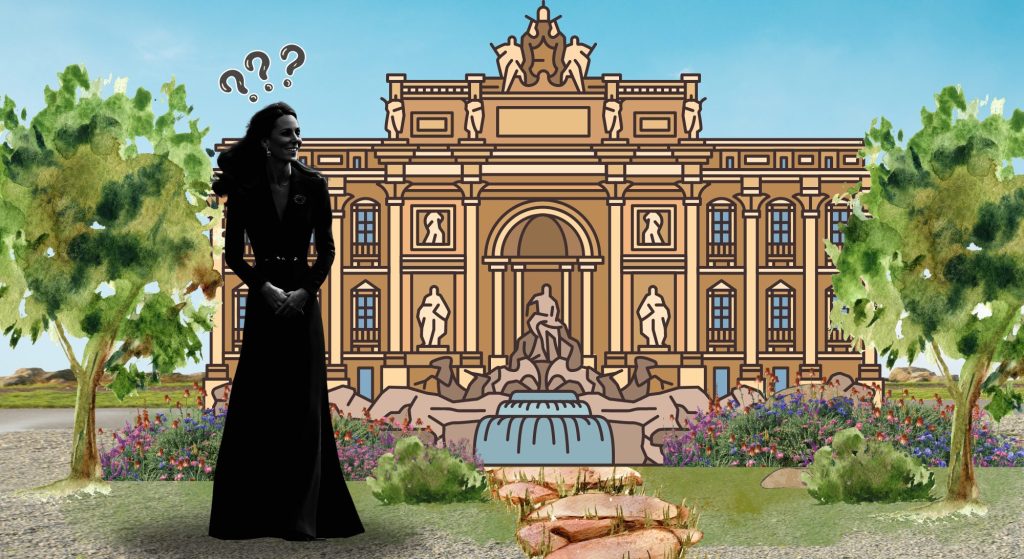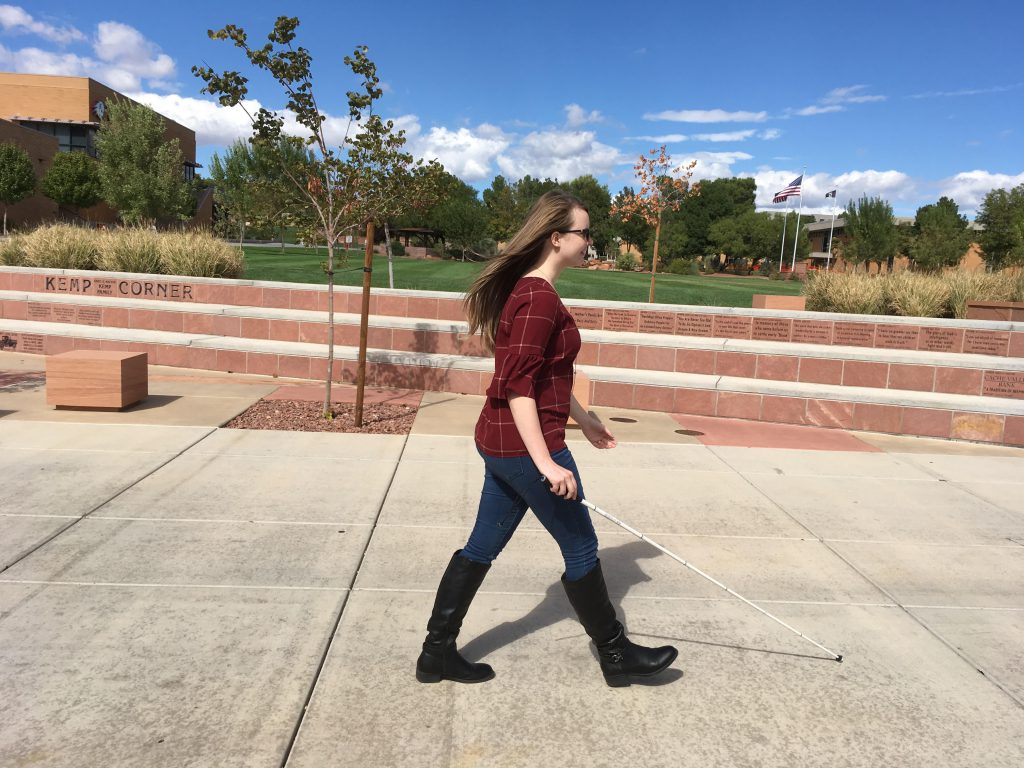While doomscrolling through Instagram, I found the account @eldestdaughterclub. I saw more and more posts relating to me, and I realized I’m not alone.
This brought me into a spiral and a realization I didn’t know existed within me.
I’ve always been called the mom of the friend group. I’ve been the caretaker, the leader and the overthinker. I’ve been the one who has felt the need to take action on situations even when it wasn’t my responsibility, but for some reason, I felt the need to step in.
I found myself worrying about everyone else before myself, checking in on my siblings, smoothing over arguments in relationships and trying to keep the peace even when it wasn’t mine to keep. After researching, I realized not only was I alone, but what I was feeling was something to embrace.
Like the Taylor Swift song, every “Eldest Daughter” has a story, one that consists of pressure, poise and a quiet sense of responsibility. It’s something you don’t realize you carry until one day, you feel the weight pressing on your shoulders.
In “The Best Day,” Swift captures what it means to grow up as the oldest child, to be both the protector and the dreamer; the one who holds everything together while trying to find “A Place In This World.”
That’s why I resonated with her so deeply. Growing up, I quietly related to her, not just her music, but the way she seemed to shoulder emotions for everyone around her while still smiling through it. Maybe, subconsciously, that’s why I liked her. She made being the eldest daughter feel seen before it was a trend.
What is the eldest daughter theory?
Stemming from Alfred Adler’s birth order theory, the eldest daughter theory states that an eldest daughter feels core emotional elements that can affect her cultural, societal and emotional well-being. One example is that oldest children will more likely feel more responsibility in life, which may affect their mental health more than the younger middle children.
Though this isn’t a clinical diagnosis and may be just another trend on TikTok, this is something every oldest daughter should embrace.
We see this in movies all the time. These are the characters who are the third parent to their siblings and a natural-born mother. The daughter is a role model for the younger siblings, even after growing up. The daughter organizes gifts and family gatherings while smoothing any problems under the surface.
Symptoms of relating to the eldest daughter theory are:
- Feeling responsible for everyone’s emotions.
- Craving for control and perfection until it feels like peace.
- Equaling worth to how well you hold everything (including family bond) together.
- You default to caretaker in all relationships. Have you ever been called the mom of the group?
If you feel any of those things and you’re an eldest daughter, take this as your initiation from another eldest daughter as your entry to the club. Although these traits can be overbearing, they should be something to embrace.
You’re not alone, and you’re not broken for feeling this way. You’ve just spent years holding a role that’s as heavy as it is honorable.
Why the theory is real
The constant need to manage and care for others often leads to burnout, anxiety and the inability to set boundaries. Many eldest daughters struggle with guilt when prioritizing themselves because they’ve learned to equate love with responsibility.
Throughout high school, I struggled to define myself as worthy enough to my family and peers. I always pushed myself to go further, often not congratulating myself when I accomplished my goals. I would criticize myself so much that I would burn out and not set proper boundaries in relationships.
It wasn’t until I moved out that I realized my self-worth and how important it is to prioritize myself. Reading about the eldest daughter theory and reading about other experiences made me realize how important it is to take care of myself while still taking care of others and holding responsibilities.
Understanding this pattern can be freeing. Recognizing the eldest daughter theory doesn’t mean blaming your family. If you are reading this and know an eldest daughter, this isn’t a stab at anything you did wrong. This is a psychological theory rooted in societal and intergenerational trauma. Though everyone grows up in different situations and scenarios, this isn’t something to be mad about, but rather something to reflect on.
This means seeing yourself clearly for the first time. It’s realizing your worth isn’t measured by what you fix, manage or hold together.
This wasn’t something that I accepted overnight. I started by slowly prioritizing myself first, working on building relationships and realizing I’m not alone in feeling this way.
Embrace the theory and move forward
The beauty of realizing the eldest daughter theory isn’t in rejecting it; it’s understanding it. You can still be dependable without losing yourself. You can still love deeply without overextending. You can set boundaries and still be the glue of your family.
I’ve learned to be less self-reliant and ask for help when needed. Being independent is a core value of an eldest daughter. Although self-independence is a great feeling, learning to ask for help can be even greater.
Being the eldest daughter doesn’t have to mean exhaustion; it can mean empowerment. Once you stop fighting the label and start understanding it, you can finally rewrite what it means to be the first, not just to lead, but to live.




